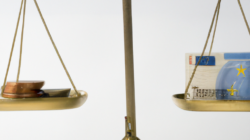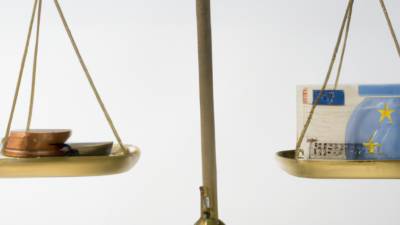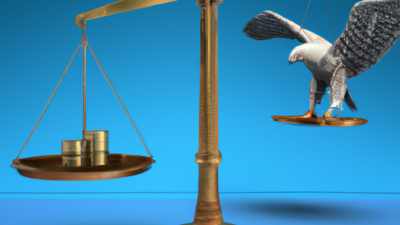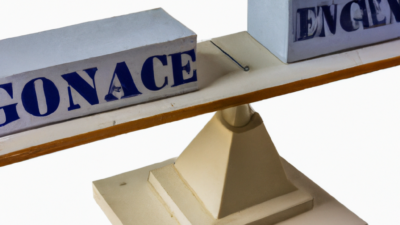Monetary policy is a critical tool used to manage a nation's economic stability, growth, and inflation. It influences interest rates, money supply, and the overall economic environment, impacting everything from consumer spending to business investment. But who exactly holds the reins of this powerful instrument? Understanding who controls monetary policy is essential for grasping how economic decisions are made and their far-reaching consequences. In this article, we will delve into the entities and mechanisms that govern monetary policy, exploring the roles of central banks, government bodies, and international organizations. By shedding light on these key players, we aim to provide a comprehensive overview of how monetary policy is shaped and implemented across different economic landscapes.
**Title: Who Controls Monetary Policy? Understanding the Key Players and Mechanisms**
Monetary policy is primarily controlled by a country's central bank or monetary authority. In the United States, for instance, the Federal Reserve, often referred to as the Fed, is responsible for overseeing and implementing monetary policy. Central banks like the Fed have a range of tools at their disposal to influence the nation's money supply, interest rates, and overall economic stability. These tools include open market operations, setting the discount rate, and adjusting reserve requirements for commercial banks.
The central bank operates independently of the government to a significant extent, although it usually coordinates with government economic policies. This independence is crucial because it allows the central bank to make decisions that are economically sound rather than politically motivated. Central banks aim to achieve various macroeconomic objectives, such as controlling inflation, managing employment levels, and maintaining financial stability.
In other countries, similar institutions perform these functions. The European Central Bank (ECB) oversees monetary policy for the Eurozone, while the Bank of England (BoE) handles these responsibilities for the United Kingdom. Each central bank adapts its policies based on the unique economic conditions and challenges of its respective region.
In addition to central banks, other entities may have some influence over monetary policy, albeit indirectly. Governments can impact monetary conditions through fiscal policy, which includes taxation and government spending decisions. International organizations like the International Monetary Fund (IMF) can also play a role, especially in countries facing economic crises, by providing financial assistance and recommending policy adjustments.
Overall, while central banks hold the primary responsibility for controlling monetary policy, their actions are part of a broader economic framework that includes input and influence from various stakeholders, including governments, financial institutions, and international bodies.













